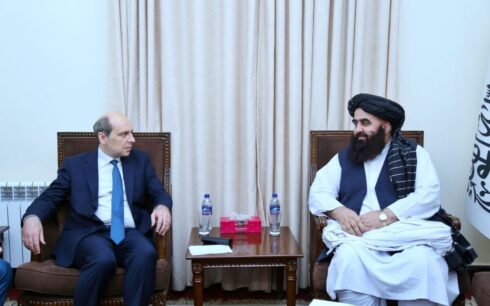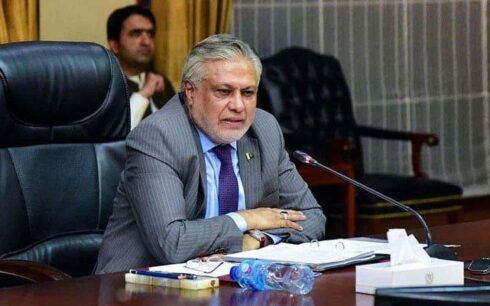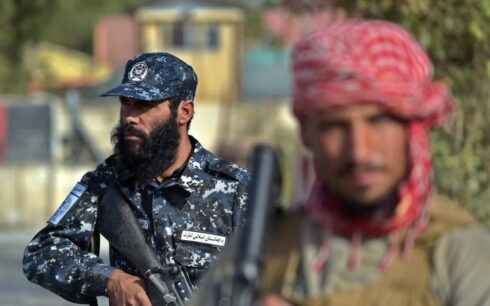Ahmed Shar’a, also known as Abu Mohammad al-Jolani, the leader of Hay’at Tahrir al-Sham (HTS) and the de facto ruler in parts of Syria, has distanced himself from the Taliban’s strict policies on women’s rights.
In an interview with the BBC, Jolani stated his belief in women’s education and said Syria would not follow the Taliban’s model of governance.
“I believe in women’s education,” Jolani said. “Syria is a diverse society with various ideas, unlike Afghanistan, which is more tribal. The Afghan model cannot be applied here.”
Contrasting visions
Jolani’s remarks come despite warm congratulations he received from the Taliban following the HTS-led overthrow of Bashar al-Assad’s regime in parts of Syria. The Taliban celebrated Jolani’s victories, with Afghanistan’s Ministry of Foreign Affairs extending its congratulations.
However, Jolani’s stance on women’s rights diverges sharply from the Taliban’s policies, which have imposed severe restrictions on women and girls since their return to power in Afghanistan. Women and girls in Afghanistan are barred from education, employment, and even visiting public spaces. The Taliban’s Ministry for the Promotion of Virtue and Prevention of Vice has further issued edicts labeling women’s voices as “immodest,” compounding their exclusion from public life.
Public Outcry and International Condemnation
The Taliban’s restrictions have drawn widespread condemnation both domestically and internationally. Activists and residents continue to question the ideological roots of these bans.
“Nowhere else in the world are women and girls deprived of education as they are in Afghanistan,” said a Kabul resident. “I don’t understand how the Taliban justify this under Islam.”
Musa Khawarin, a social activist, urged the global community to increase pressure on the Taliban: “The Taliban have trampled on every value of humanity. We expect the world to impose the necessary pressure to end these injustices.”





